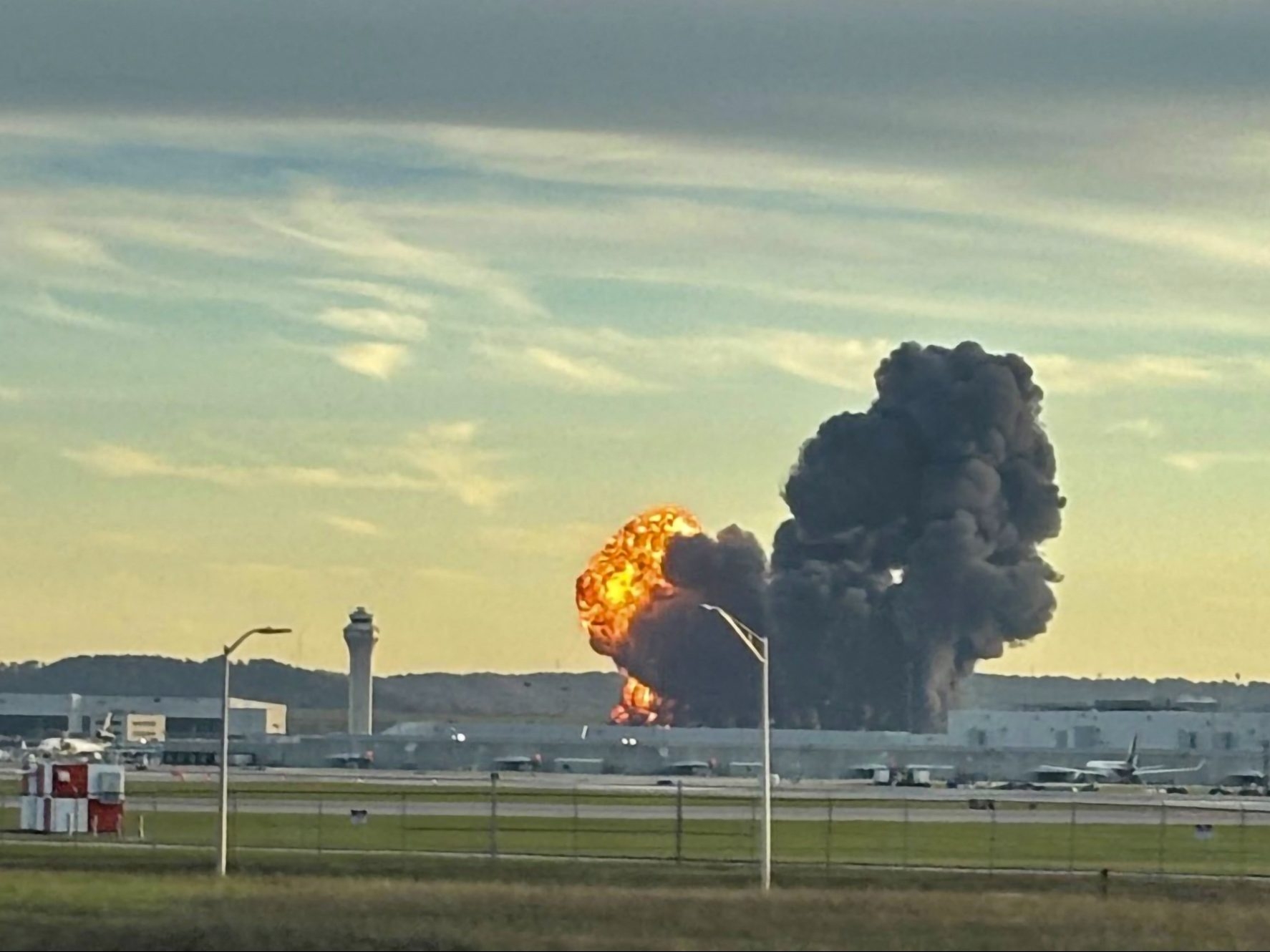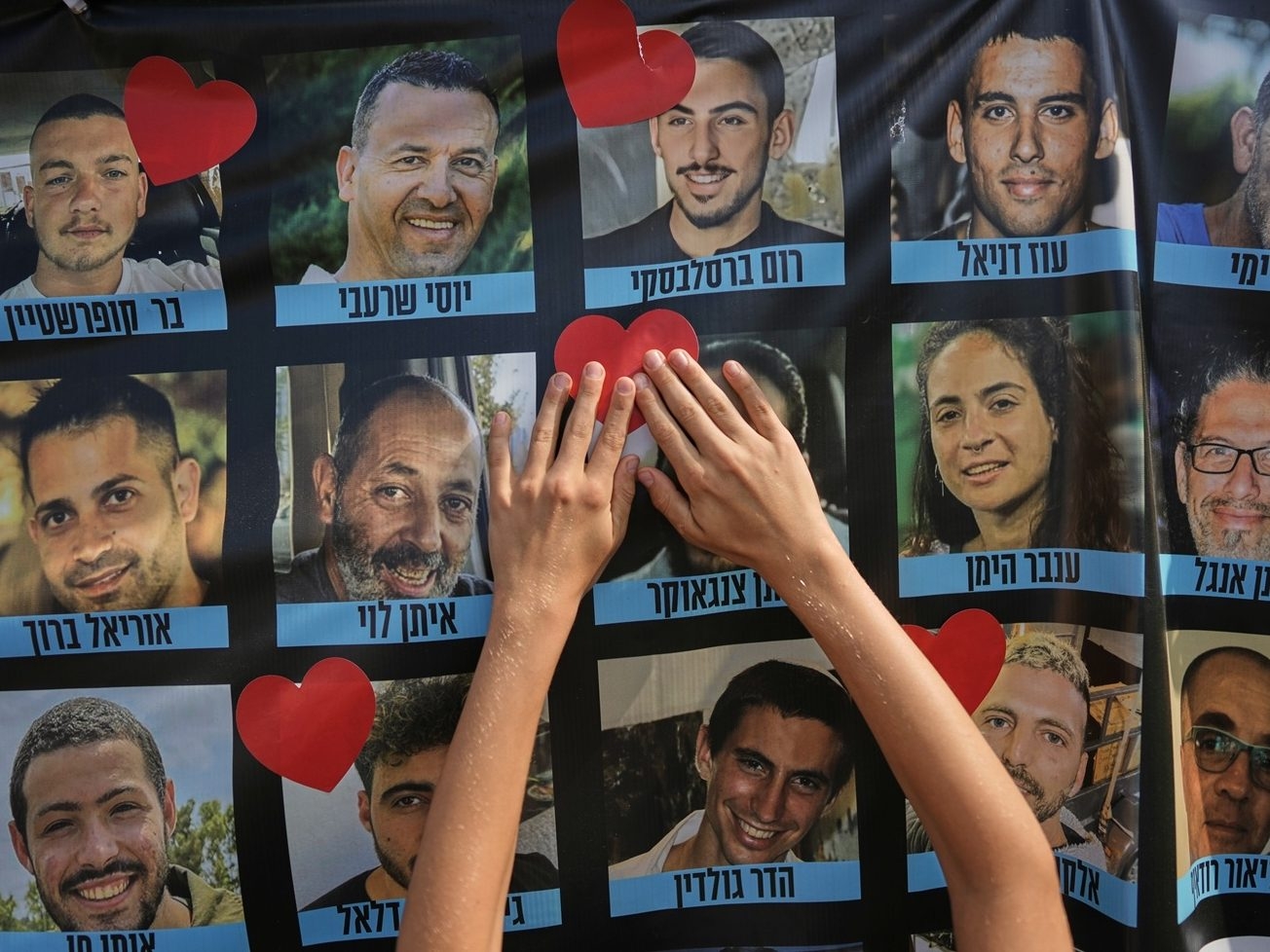The echoes of rumbling engines and defiant horns still resonate from early 2022, as Tamara Lich challenges a conviction stemming from her involvement in the “Freedom Convoy.” The protest brought the heart of Ottawa to a standstill, a dramatic showdown that gripped the nation and sparked intense debate.
Lich, alongside fellow organizer Chris Barber, faced a mischief conviction earlier this year for their roles in orchestrating the massive demonstration. For weeks, the city’s downtown core became a focal point of resistance, choked with vehicles – particularly large trucks – that descended upon the capital in late January.
Initially framed as opposition to COVID-19 health measures, the convoy quickly evolved into a broader expression of discontent. A diverse array of grievances fueled the protest, directed at the then-prime minister and the governing Liberal party, reflecting a deep-seated frustration felt by many.

Lich’s legal team is now preparing to present their case to the Ontario Court of Appeal, arguing a critical distinction. They contend that while Lich consistently urged protesters to remain peaceful, lawful, and safe, there’s no concrete evidence directly connecting her to any unlawful actions committed by others within the larger group.
A central tenet of the appeal rests on the fundamental right to freedom of expression. Lawyers argue the trial judge did not adequately consider how the Charter of Rights and Freedoms protects communication – even communication that might otherwise be considered mischief – when exercising this right.
The case promises a significant legal battle, one that will likely delve into the complex interplay between the right to protest, the responsibility to maintain public order, and the limits of individual accountability within a large-scale demonstration.





